Demand Generation
Demand generation should be more than putting up postersIt should be about truly
understanding the consumer.
How can she express what she wants and what works for her?
How can she influence the way it’s made available to her?
How can she be the boss?
When people make choices and invest themselves, the solutions are inherently more sustainable
These questions guide our thinking about demand generation because for decades rural consumers have been excluded and disenfranchised. Widespread giveaways inadvertently take away the voice of consumers, limit their choice of how and where to buy products and services, and make businesses accountable to aid agencies instead of to consumers.
We try to push the boundaries of conventional demand generation.
Unlocking demand fundamentally requires empowering families as consumers. A dynamic market — in which consumers use their own resources to get essential products and services — puts families in charge of their water, sanitation, and hygiene needs instead of being dependent on aid organizations.
Featured story
A family of garment factory workers pools their money
to purchase a latrine for their parents
More than promotions, demand generation is...
-
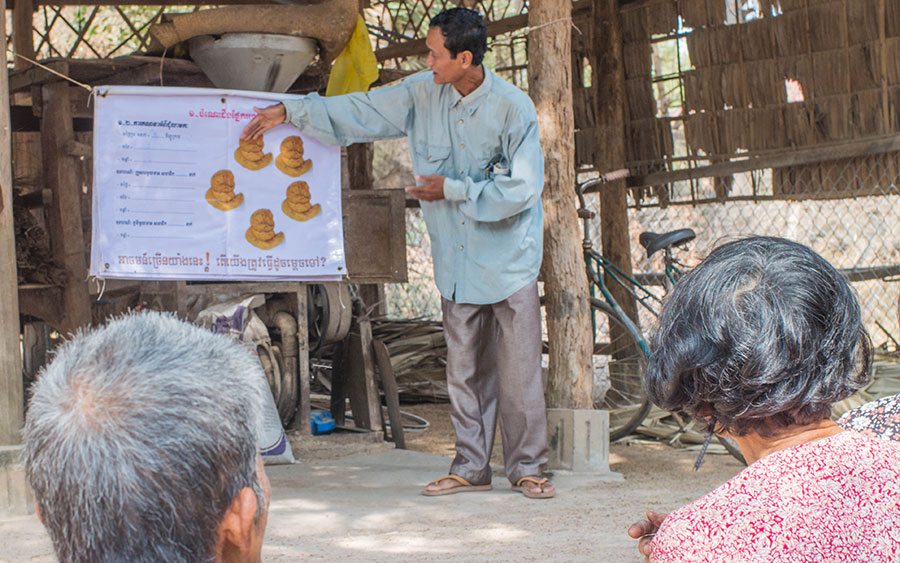
Knocking on doors
A lot of people assume that WaterSHED’s extraordinary results in growing the rural market for WASH products and services involves having a large-scale uniformed sales force selling toilets. We’re often at pains to explain that we develop and support the actors in the market – facilitating transactions that involves private suppliers, microfinance institutions, local government officials, and consumers.
We don’t sell toilets. We facilitate the face-to-face interaction of local businesses, independent sales agents, local government, and other partners in rural communities. With thousands of sales events and door-to-door calls per year, our partners have reached millions of people across Cambodia with aspirational messages.
-
Cutting out the noise
Hundreds of NGOs. Hundreds of different messages. Treat your water. Boil your water. Drink treated water. Boil your water for two minutes. Drink clean water. Safe storage for clean drinking water. Water clean your safe boil, every day. Unless it’s rainwater…
Do you get it? Consumers don’t. It all starts to become noise, little of which is actually tested.
We work collaboratively to boil the noise down to what really resonates, which requires extensive focus testing. Harmonizing not only cuts the noise, but lets different agencies reinforce rather than cancel out each other’s messages – which means an end to wasting money.
Check out the Stop the diarrhea campaign toolkit.
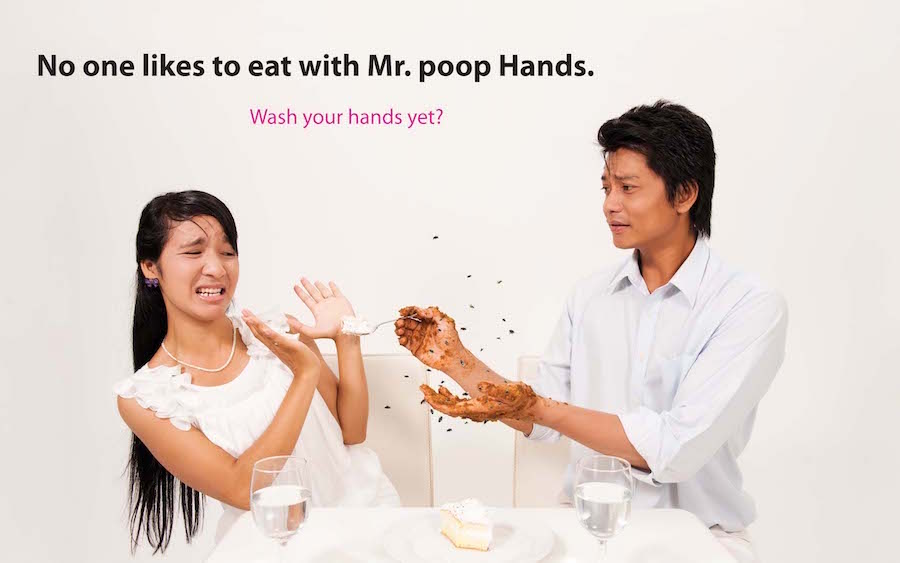
-
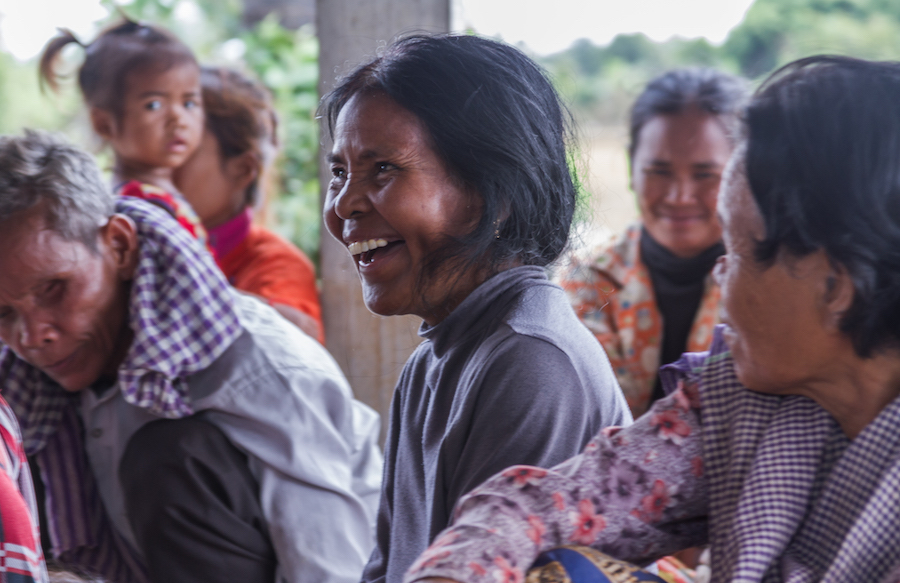
Gender and social inclusion
It’s often easier to serve more affluent consumers in densely populated areas. That’s partly why rural families have been overlooked as consumers for decades.
Extending choice and opportunity to the poor and other typically marginalized consumers requires building the capacity and agency of all actors in the system to invest in and deliver sustainable, inclusive WASH services.
We don’t shy away from the hard work. We believe that the most dynamic market is one that is maximally inclusive.
-
Local government leadership
A key question for those working in markets for development (M4D) or market systems development – regardless of the sector – is how to sustain rural sales and distribution. A professional, uniformed sales force that works full-time to promote consumer products, whether solar lamps or water filters, is expensive and can scarcely be viable while maintaining affordability of the products.
In 2013, WaterSHED made a bet that the answer is to leverage the mandate of local government to promote safe WASH in order to generate demand for local enterprises.
Learn how the bet is paying off.
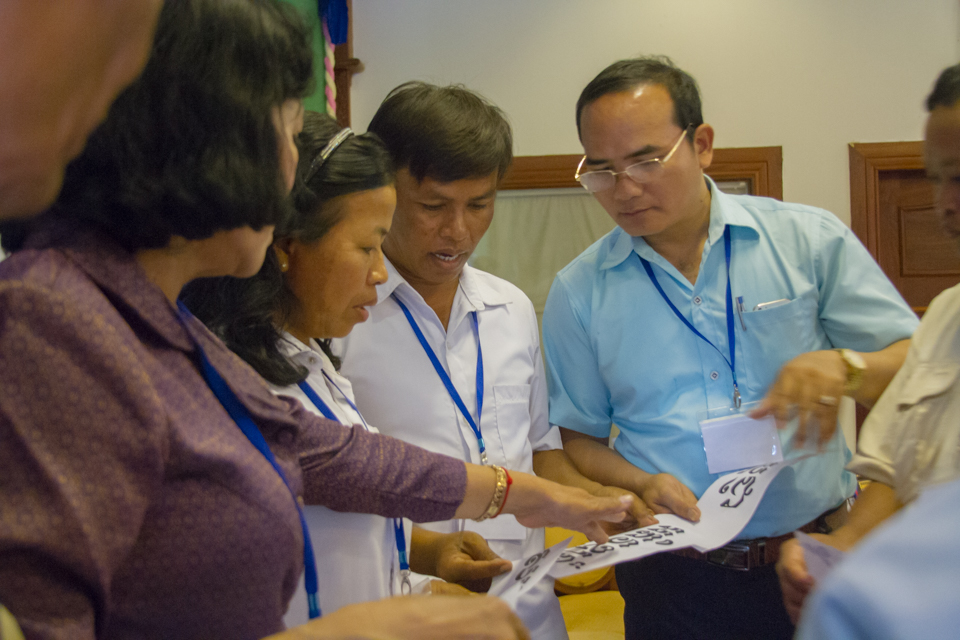
-
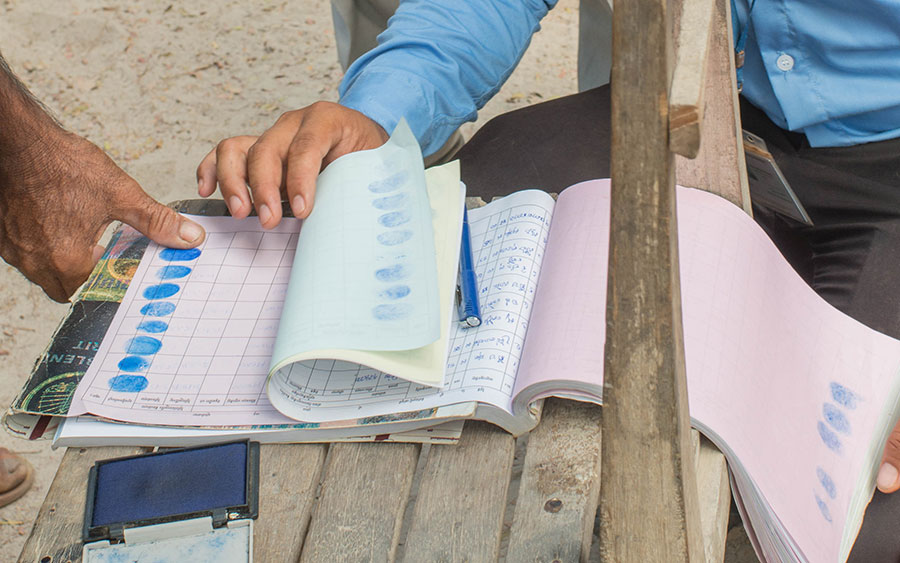
Making affordable financing more sustainable
For consumers, our big push is to make affordable loan financing more accessible and sustainable. It’s not to make products more affordable, rather it’s to address liquidity constraints.
But creditors are wary of financing non-income generating assets like toilets. Higher perceived risks and transaction costs mean that NGOs frequently subsidize the fees plus guarantee the loans that are given for health products they promote.
To live up to WaterSHED’s Hands-Off philosophy, we sought a solution that avoids creating NGO dependencies by establishing direct and sustainable relationships between merchants and finance institutions. Looking at one of the most common forms of consumer finance, credit cards, we created a new model for WASH finance that introduces interchange fees.
Read more about how we connect consumers with financing options.
